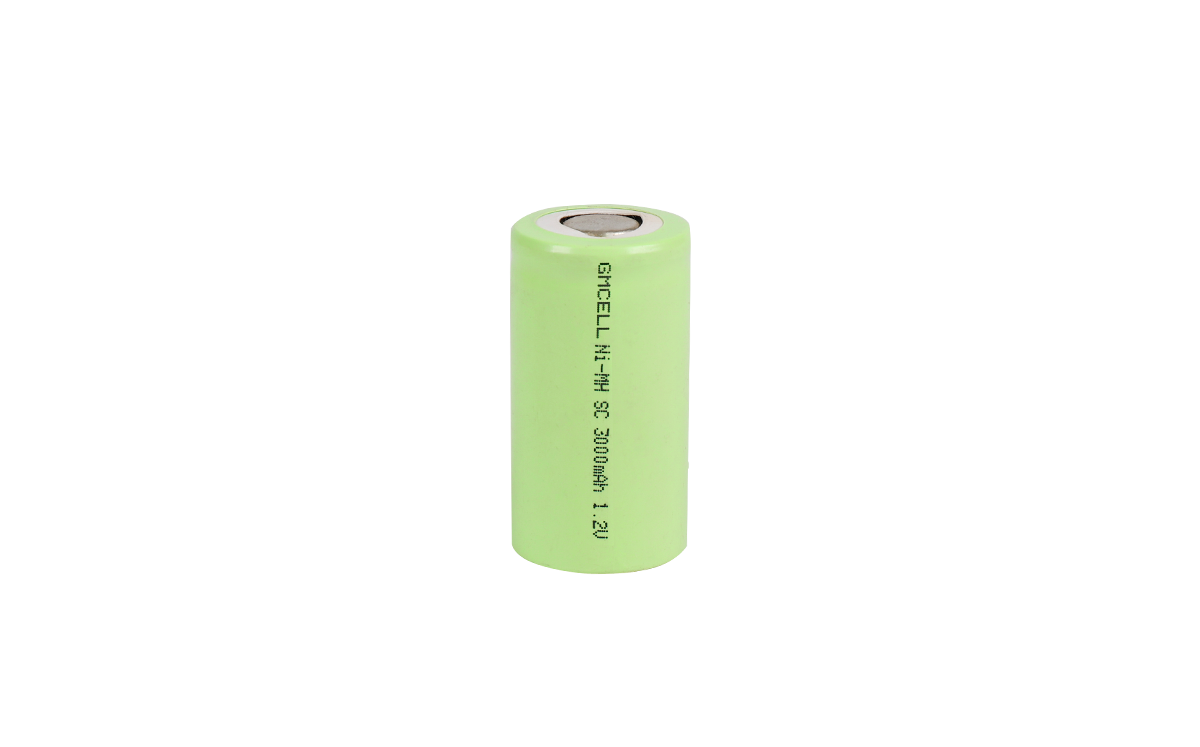Time:2020-12-23 Views:149
With the rapid development of science and technology, the scope and role of lithium batteries have long been self-evident, but in our daily lives, lithium battery accidents always emerge in an endless stream, which always troubles us. In view of this, Qianguo Electronics has specially organized Cause analysis and solutions for common lithium ion problems, I hope to provide you with convenience.

1. The voltage is inconsistent and some are low
1. Large self-discharge causes low voltage
The self-discharge of the cell is large, so that its voltage drops faster than others. The low voltage can be eliminated by checking the voltage after storage.
2. Uneven charge causes low voltage
When the battery is charged after testing, the battery cells are not evenly charged due to the inconsistent contact resistance or the charging current of the detection cabinet. The measured voltage difference is very small during short-term storage (12 hours), but the voltage difference is large during long-term storage. This low voltage has no quality problems and can be solved by charging. Stored for more than 24 hours to measure the voltage after being charged during production.
2. The internal resistance is too large
1. Differences in detection equipment caused
If the detection accuracy is not enough or the contact group cannot be eliminated, the internal resistance of the display will be too large. The AC bridge method principle should be used to test the internal resistance.
2. Storage time is too long
Lithium battery storage is too long, resulting in excessive capacity loss, internal passivation, and internal resistance increase, which can be solved by charging and discharging activation.
3. Abnormal heating causes large internal resistance
The battery is abnormally heated during processing (spot welding, ultrasonic, etc.), which causes the diaphragm to produce thermal closure, and the internal resistance is seriously increased.
Three, lithium battery expansion
1. Lithium battery swells when charging
When charging a lithium battery, the lithium battery will naturally expand, but generally no more than 0.1mm, but overcharging will cause the electrolyte to decompose, increase the internal pressure, and expand the lithium battery.
2. Expansion during processing
Generally, abnormal processing (such as short circuit, overheating, etc.) causes the internal heating to decompose the electrolyte and the lithium battery swells.
3. Expand while cycling
When the battery is cycled, the thickness will increase with the increase in the number of cycles, but it does not increase after more than 50 cycles. Generally, the normal increase is 0.3~0.6 mm. The aluminum shell is more serious. This phenomenon is caused by a normal battery reaction. However, if the thickness of the shell is increased or the internal materials are reduced, the expansion phenomenon can be appropriately reduced.